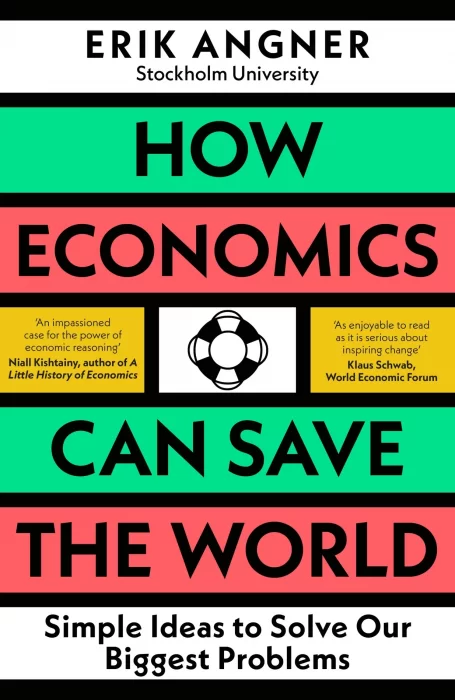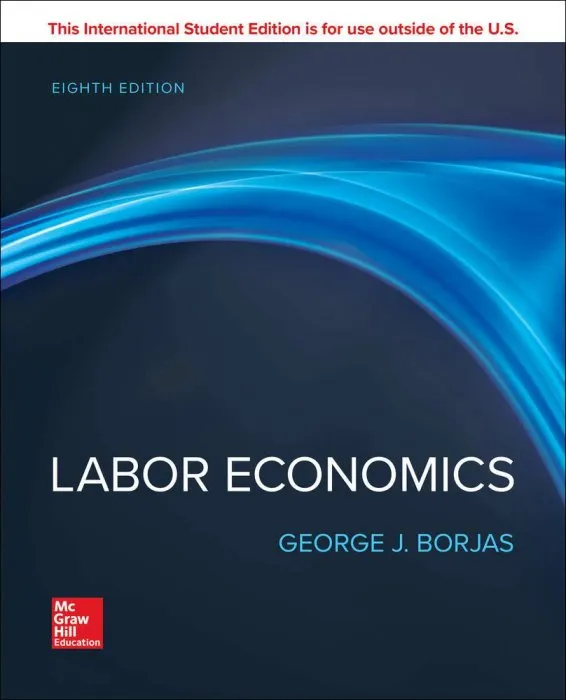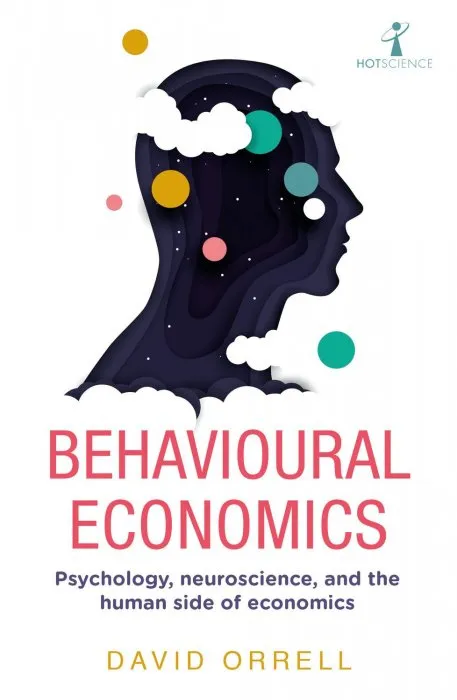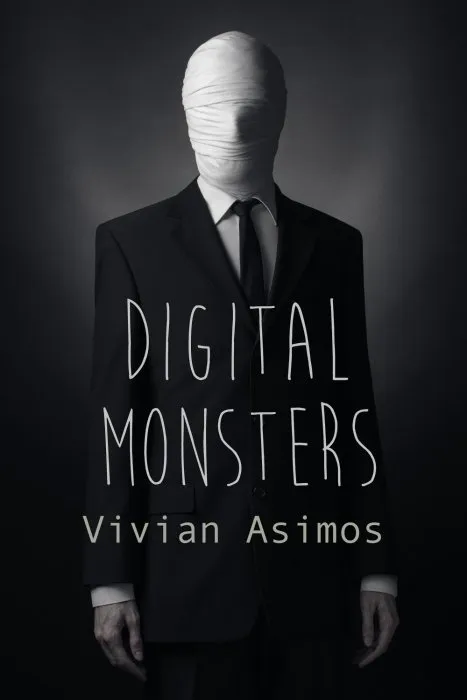Cogs and Monsters: What Economics Is, and What It Should Be
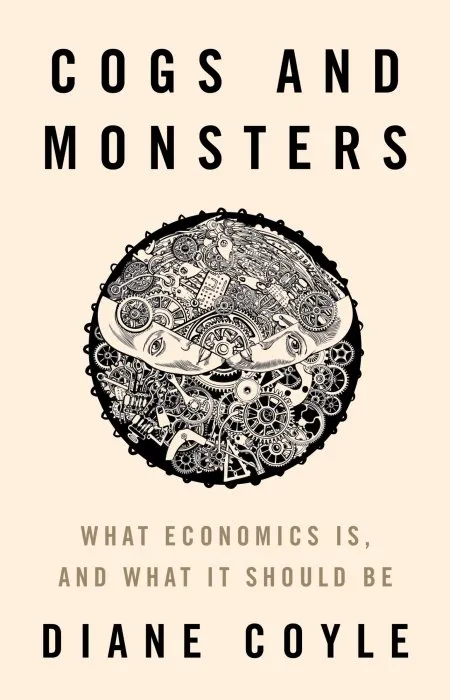
Date: October 12th, 2021
ISBN: 0691210594
Language: English
Number of pages: 272 pages
Format: EPUB
Add favorites
How economics needs to change to keep pace with the twenty-first century and the digital economy
Digital technology, big data, big tech, machine learning, and AI are revolutionizing both the tools of economics and the phenomena it seeks to measure, understand, and shape. In Cogs and Monsters, Diane Coyle explores the enormous problems—but also opportunities—facing economics today if it is to respond effectively to these dizzying changes and to help policymakers solve the world's crises, from pandemic recovery and inequality to slow growth and the climate emergency.
Mainstream economics, Coyle says, still assumes people are "cogs"—self-interested, calculating, independent agents interacting in defined contexts. But the digital economy is much more characterized by "monsters"—untethered, snowballing, and socially influenced unknowns. What is worse, by treating people as cogs, economics is creating its own monsters, leaving itself without the tools to understand the new problems it faces. In response, Coyle asks whether economic individualism is still valid in the digital economy, whether we need to measure growth and progress in new ways, and whether economics can ever be objective, since it influences what it analyzes. Just as important, the discipline needs to correct its striking lack of diversity and inclusion if it is to be able to offer new solutions to new problems.
Filled with original insights, Cogs and Monsters offers a roadmap for how economics can adapt to the rewiring of society, including by digital technologies, and realize its potential to play a hugely positive role in the twenty-first century.
Digital technology, big data, big tech, machine learning, and AI are revolutionizing both the tools of economics and the phenomena it seeks to measure, understand, and shape. In Cogs and Monsters, Diane Coyle explores the enormous problems—but also opportunities—facing economics today if it is to respond effectively to these dizzying changes and to help policymakers solve the world's crises, from pandemic recovery and inequality to slow growth and the climate emergency.
Mainstream economics, Coyle says, still assumes people are "cogs"—self-interested, calculating, independent agents interacting in defined contexts. But the digital economy is much more characterized by "monsters"—untethered, snowballing, and socially influenced unknowns. What is worse, by treating people as cogs, economics is creating its own monsters, leaving itself without the tools to understand the new problems it faces. In response, Coyle asks whether economic individualism is still valid in the digital economy, whether we need to measure growth and progress in new ways, and whether economics can ever be objective, since it influences what it analyzes. Just as important, the discipline needs to correct its striking lack of diversity and inclusion if it is to be able to offer new solutions to new problems.
Filled with original insights, Cogs and Monsters offers a roadmap for how economics can adapt to the rewiring of society, including by digital technologies, and realize its potential to play a hugely positive role in the twenty-first century.
Download Cogs and Monsters: What Economics Is, and What It Should Be
Similar books
Information
Users of Guests are not allowed to comment this publication.
Users of Guests are not allowed to comment this publication.
